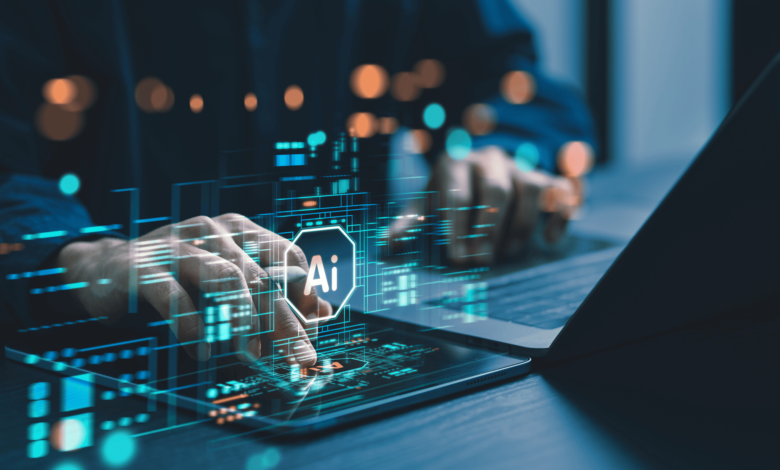Real-Time Adaptation with Agentic AI: Applications in Rapidly Changing Environments

In today’s fast-evolving world, the ability to adapt quickly is more than a competitive advantage—it is a necessity. From market shifts to operational disruptions, modern businesses are expected to respond instantly to changing conditions. This demand for agility has led to the rise of advanced technologies, with one of the most transformative being agentic AI. This new form of artificial intelligence goes beyond traditional automation, enabling systems to make independent decisions and act in real-time, even in unpredictable environments.
Agentic AI refers to AI systems designed to operate with a level of autonomy, where they can perceive changes, analyze options, and take actions without constant human intervention. Unlike rule-based automation, which relies on pre-programmed responses, agentic AI learns from context, adapts to new data, and adjusts its actions based on outcomes. This makes it particularly valuable in environments where speed and precision are critical, such as supply chains, financial services, healthcare, and customer experience management.
In a rapidly changing environment, agentic AI enables organizations to stay ahead by reducing reaction times and improving decision quality. For example, in the logistics industry, when a disruption like a weather delay or equipment failure occurs, agentic AI can immediately reroute deliveries, reassign resources, or adjust delivery windows without needing human approval. This level of autonomy keeps operations running smoothly and minimizes losses that typically result from delays or miscommunication.
In the financial sector, market conditions can change within seconds. Here, agentic AI can support real-time fraud detection, risk analysis, and transaction monitoring. It can detect suspicious behavior patterns and instantly take preventive actions such as pausing transactions or alerting stakeholders. These capabilities are not only essential for compliance and security but also for maintaining customer trust in high-stakes environments.
Another key area where agentic AI is proving valuable is in customer service. Traditional chatbots often struggle with complex or unexpected queries. However, agentic AI can manage dynamic interactions by understanding context, learning from ongoing conversations, and generating relevant responses in real-time. It can escalate issues to human agents only when truly necessary, improving efficiency while keeping the customer experience smooth and responsive.
Manufacturing and industrial operations also benefit greatly from agentic AI. In factories where machinery, inventory levels, and production schedules constantly change, AI agents can monitor systems, predict maintenance needs, and optimize production timelines without human intervention. This reduces downtime and increases output, contributing to higher profitability and operational resilience.
One of the most promising aspects of agentic AI is its ability to work collaboratively across systems. These AI agents can communicate with other digital systems, share insights, and coordinate actions. For instance, in enterprise resource planning (ERP), agentic AI can continuously monitor data from sales, inventory, and procurement systems to make proactive adjustments, such as reordering supplies or changing pricing strategies based on demand. This kind of cross-functional intelligence adds significant strategic value to organizations.
The success of agentic AI lies not just in its technical capabilities, but also in how seamlessly it integrates into existing systems and workflows. Modern agentic AI platforms are designed to be user-friendly and low-code or no-code, allowing non-technical users to benefit from intelligent automation without needing to write complex algorithms. This democratization of AI ensures that departments like HR, marketing, and finance can also leverage intelligent agents to manage tasks, analyze data, and respond to real-time changes.
Security and ethical use are crucial considerations as agentic AI becomes more autonomous. With systems making decisions independently, there must be transparency, governance, and oversight to ensure outcomes align with business goals and compliance standards. Fortunately, most modern implementations include built-in controls, audit trails, and customizable settings that allow organizations to retain oversight while benefiting from speed and automation.
In conclusion, agentic AI is transforming how businesses respond to change. By enabling intelligent, autonomous action in real-time, it helps organizations become more agile, efficient, and resilient in the face of uncertainty. As more industries recognize the value of real-time adaptation, the adoption of agentic AI is set to grow, reshaping enterprise operations and creating new possibilities for innovation and growth. For businesses looking to thrive in a dynamic landscape, agentic AI offers the tools to not just keep up—but to lead.




